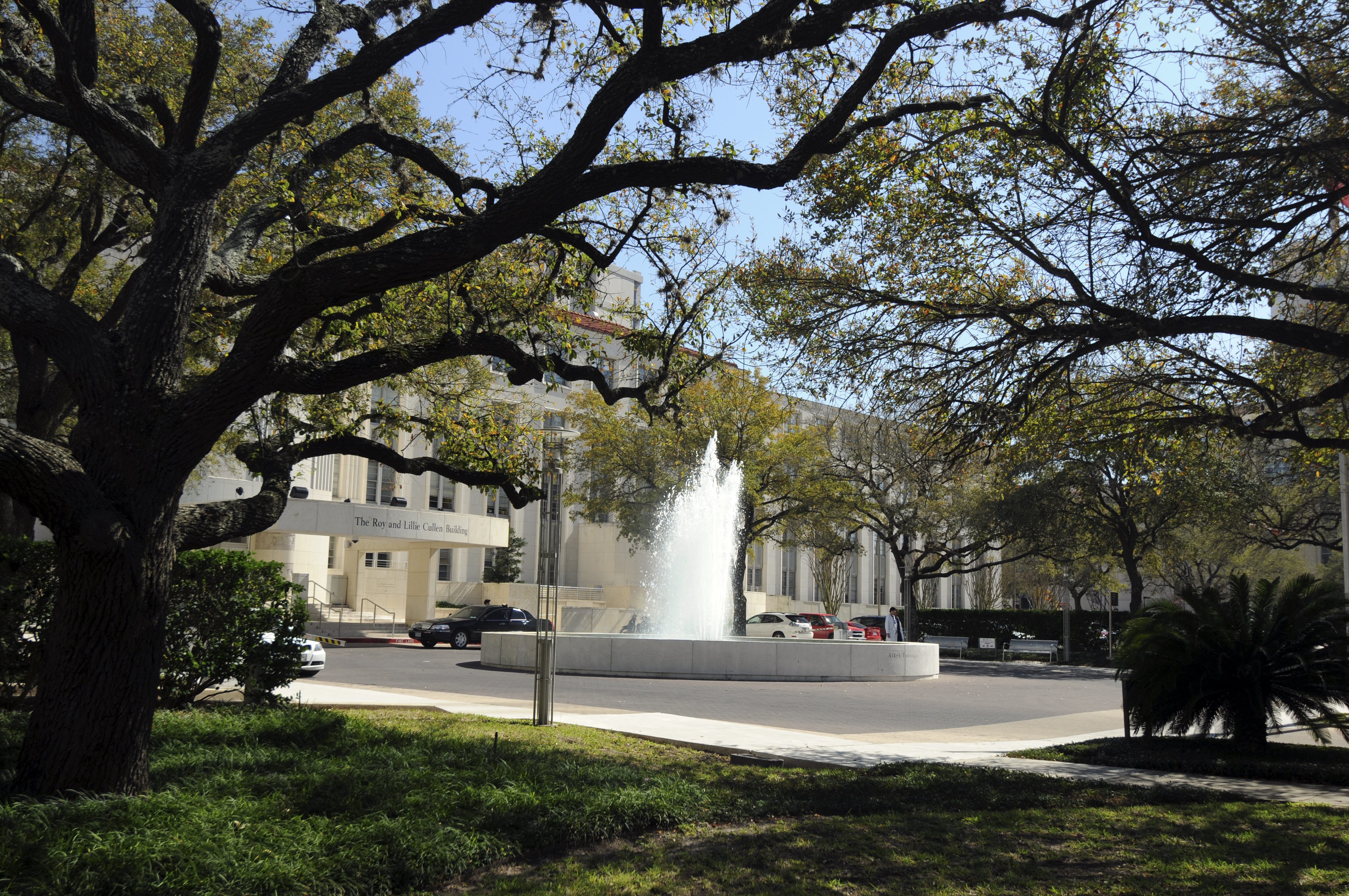The hearing of an Australian-first privacy claim, led by Slater and Gordon and the Refugee Advice and Casework Service (RACS) on a pro bono basis, has begun today.
In January 2021 the Australian Information Commissioner and Privacy Commissioner ordered the Australian Government to pay compensation after accidentally leaking highly sensitive personal information in 2014.
This marked the first time in Australian history that compensation was ordered by the Privacy Commissioner for a mass privacy breach.
In February 2014, the Department of Home Affairs accidentally published on its website a report which provided access to a spreadsheet that included the personal information of thousands of people who were being held in immigration detention.
A representative complaint was made to the Office of the Australian Information Commissioner (OAIC) in 2015. In 2018 the OAIC directed the Department of Home Affairs to make attempts to give a notice to each person affected by the data breach, notifying them to provide the Commissioner with a submission about their loss or damage by a deadline in 2018.
Slater and Gordon Senior Associate Dr Ebony Birchall said and that this was the most significant use of the representative complaint powers in the Privacy Act to date.
“This is an important case about access to justice for some of the most disadvantaged people in our society. It is also an important opportunity for the legal system to recognise the fact that privacy breaches are not trivial or consequence-free mistakes,” Dr Birchall said.
Following the January 2021 decision order from the Australian Information Commissioner and Privacy Commissioner, the applicants issued a review before the Administrative Appeals Tribunal (AAT).
As part of the review, Slater and Gordon will argue that all people affected by the breach should have an opportunity to come forward to claim compensation, whereas the Privacy Commissioner’s decision only allowed people who submitted statements in 2018 to claim compensation.
Slater and Gordon will also argue that the compensation process must be fair, and that the Department of Home Affairs cannot be the person appointed to assess how much compensation should be paid to each affected person, given their clear conflict of interest.
“The applicants have issued this review because they believe the process set up to assess their compensation under the original decision was flawed,
“Several factors in the original decision raised concerns related to access to justice and procedural fairness.
“As this is the first time a representative complaint has led to compensation, the review is important for not only the almost 10,000 people this case affects, but it will also establish some important legal principles around mass privacy breaches.” Dr Birchall said.
RACS Supervising Senior Solicitor Ben Lumsdaine said this data breach meant that any person searching the internet anywhere in the world had the potential to find the personal details of people seeking asylum in Australia, including authorities and the perpetrators of their persecution and abuse.
“This is a huge risk especially for those already in crisis. This caused the men, women and children affected immense anxiety, at a time when they already faced great uncertainty around whether they would be allowed to remain safe in Australia.
“Many feared that their loved ones that remained in their home countries might face repercussions due to their details being leaked.
“The case is integral in ensuring all people are treated & protected equally and fairly under Australian law, but we also recognise it will never take away the pain caused to thousands of vulnerable people seeking asylum.
“It is also important to recognise the additional sensitivities and protections that must be put in place for those most vulnerable and the expectations of Government when they hold such data.” Mr Lumsdaine said.
Slater and Gordon, RACS and other lawyers have devoted hundreds of hours and many thousands of dollars’ worth of work over the past four years, entirely pro bono, in order to ensure this landmark data breach case is handled fairly.
“Pro bono legal assistance has been critical in a case such as this, where the majority of people affected by the breach have limited knowledge of their rights under Australian law, and may in many cases face cultural and language barriers as well,” Dr Birchall said.
People affected by the data breach are encouraged to sign up to a mailing list to receive updates on the case by visiting Slater and Gordon’s website: www.slatergordon.com.au/data-breach






